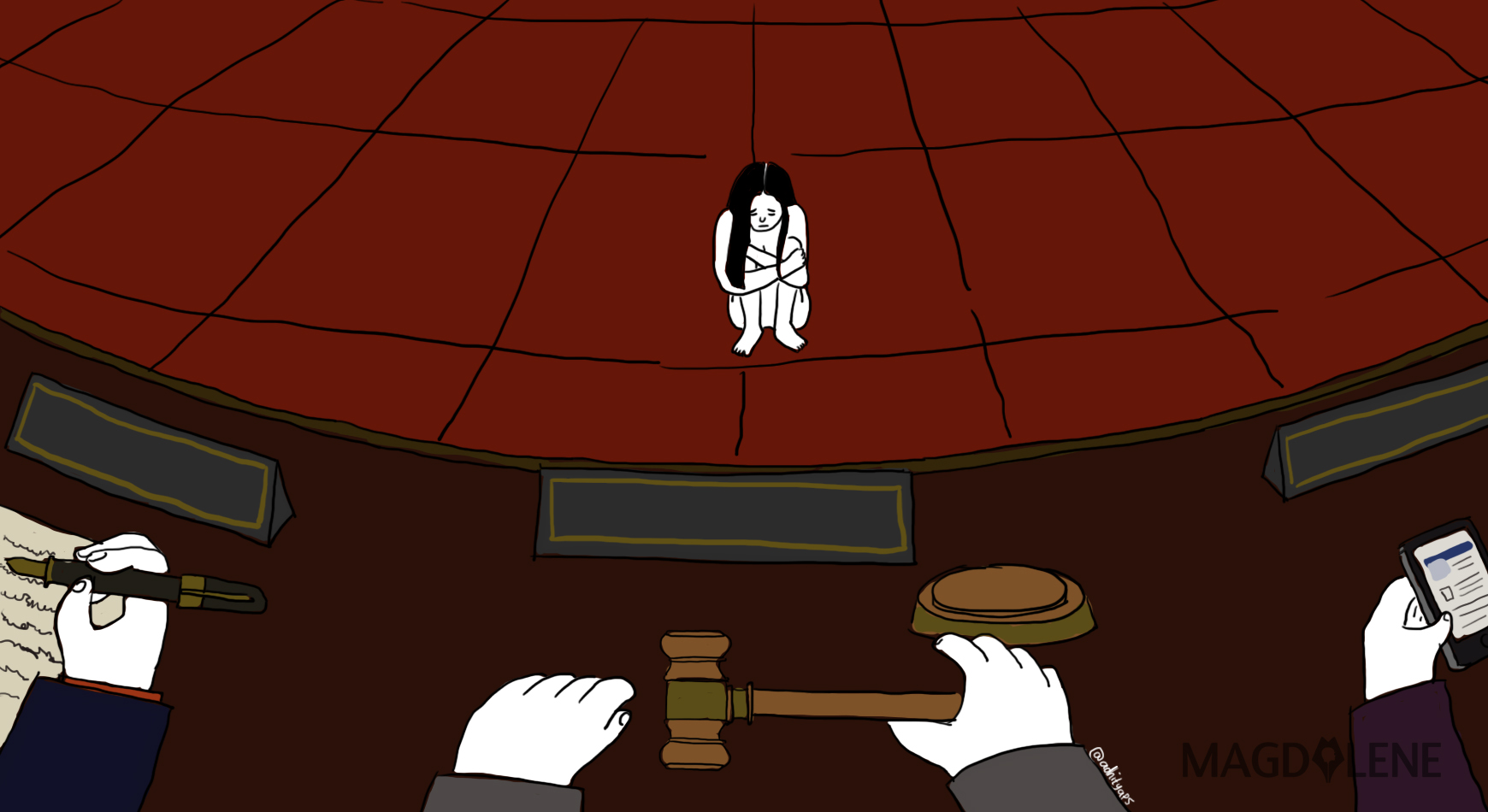Discriminative policies, institutional crisis and identity politics, all of which often result in the victimization of women and minority groups, are at an alarming level in Indonesia and must be addressed by the government seriously, according to the National Commission on Violence Against Women (Komnas Perempuan).
In a press briefing on Tuesday (July 11) to reveal the result of its program to promote women’s rights and constitutional rights in the democratization process in Indonesia, the commission reminded the government that discriminative policies, which had multiplied quickly since the 1999’s decentralization of power, have had adverse impacts not only on women's lives, but also to the running of the government and to the unity of the nation.
In the past six years, the number of discriminative regional policies has drastically increased by 273 percent from 154 in 2010 to 421 in 2016. These policies range from bylaws issued by governors and regents to circulars by village heads.
“Criminalization of women through policies on public order and prostitution, the restriction of body expression by controlling a woman’s body, or limiting the rights to freedom of religion, which affects women's life as a dignified human being, means the state does not recognize the root of the problem from women's experience,” said Komnas Perempuan Commissioner, Khariroh Ali, said at the press briefing.
Discriminative sentiments are deeply rooted among bureaucrats, religious and community figures, and law enforcers, she said.
Komnas Perempuan has established a dialogue with the central and regional government on non-discrimination principles for the last seven years, and, yet, it appears that the government still does not prioritize the issue, failing to see discriminative policies as a threat to democracy. Worsening the situation was the Constitutional Court’s Decision in April on a Judicial Review which makes it harder for the government to revoke a discriminative regional bylaw.
In addition, identity politics has become a common tool for the political elites to advance their agenda, using symbols of morality and religion. Overall, diversity has taken a backseat in a nation where the sentiment of the majority dominates. All of these have led to an ideological and constitutional crisis in Indonesia.
“Hostility and hatred are easily ignited and provoked for the interests of the political elite, especially against minority groups that are vulnerable to discrimination. Horizontal communal conflicts at the grassroots level has become a time bomb that can explode any time,” said Khariroh.
If not handled immediately Komnas Perempuan said it feared a prolonged crisis that will affect the younger generation in the near future.
“Women are very likely to continue to be the victims. Therefore, the government should prioritize the long-term handling of the root problems of thisissue,” said Komnas Perempuan Chair Azriana.
The commission expressed its appreciation for some of the government’s moves to deal with the crisis, such as incorporating gender discrimination indicator in legal instruments, and incorporating a Presidential Work Unit (UKP) as an entry point to the understanding of non-discriminative principles, but more is needed including giving its full support on Komnas Perempuan.
“The President needs to support the strengthening of Komnas Perempuan as a center of knowledge to build an understanding of the principle of non-discrimination in Indonesia,” Azriana added.
Check out this new book that reveal legal cases of unprotected domestic workers and follow @bunnnicula on Twitter.








Comments